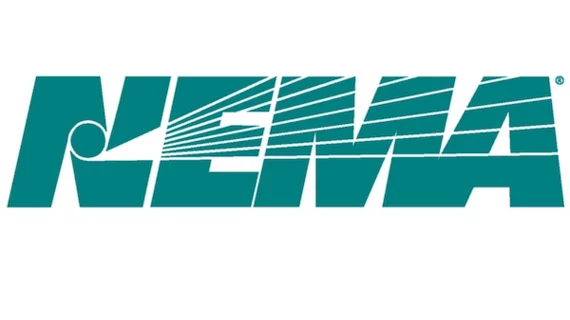NEMA testifies, urging narrow targets, time limits on China tariffs
The National Electrical Manufacturers Association (NEMA) president and CEO, Kevin J. Cosgriff testified Aug. 21 at a public hearing by the Office of U.S. Trade Representatives (USTR) to voice the concerns of member companies regarding potential additional tariffs on $200 billion in Chinese goods—including medical imaging products.
Currently, the USTR is mulling whether to tack 10 or 25 percent in additional tariffs on Chinese goods, of which $18 billion will directly affect NEMA members, according to a statement from the association.
The administration has already placed tariffs on $34 billion in shipments which included more than 100 medical and imaging products imported from China. Those went into effect on July 6.
"The administration has proposed additional tariffs, citing Beijing's retaliation against U.S. shipments and failure to address U.S. complaints about discriminatory intellectual property practices and predatory industrial development planning," Cosgriff said in the statement. "NEMA supports USTR actions to defend markets from unfair practices, but strongly urges USTR to minimize collateral damage on NEMA members by ensuring that any tariffs imposed are narrowly targeted and time-limited."

